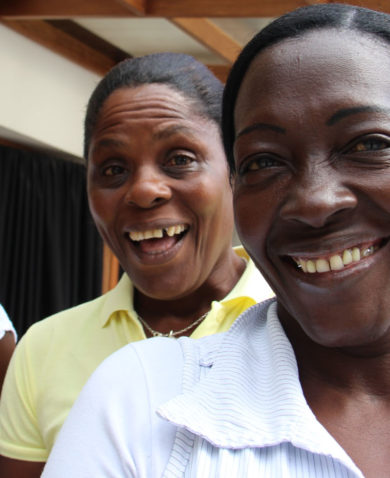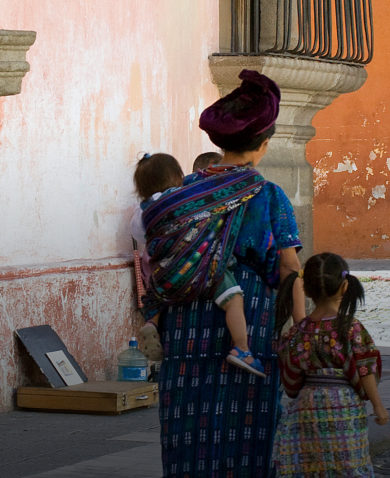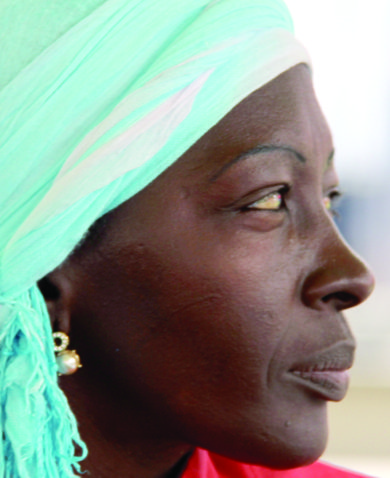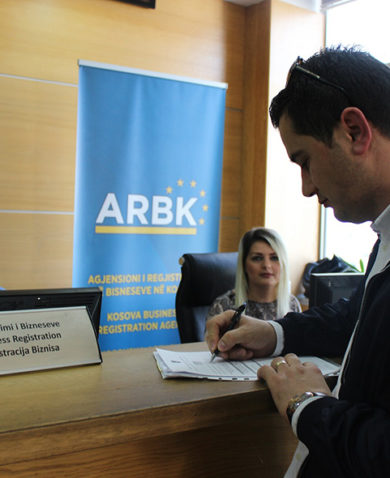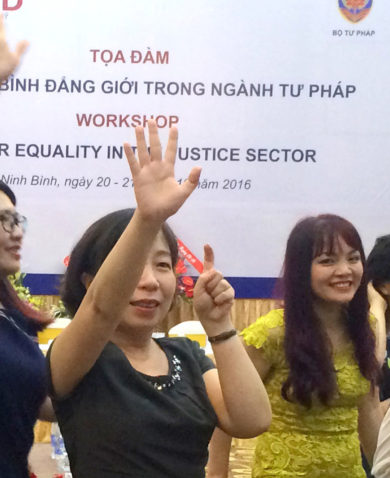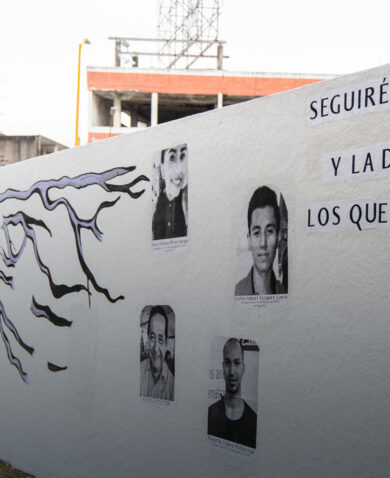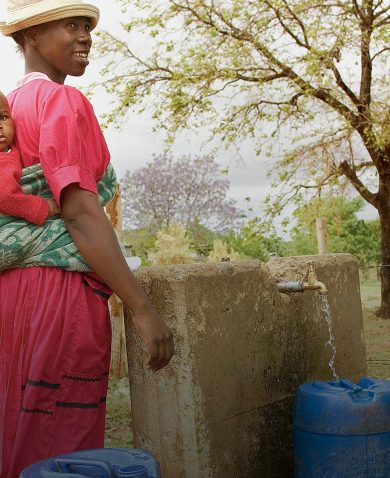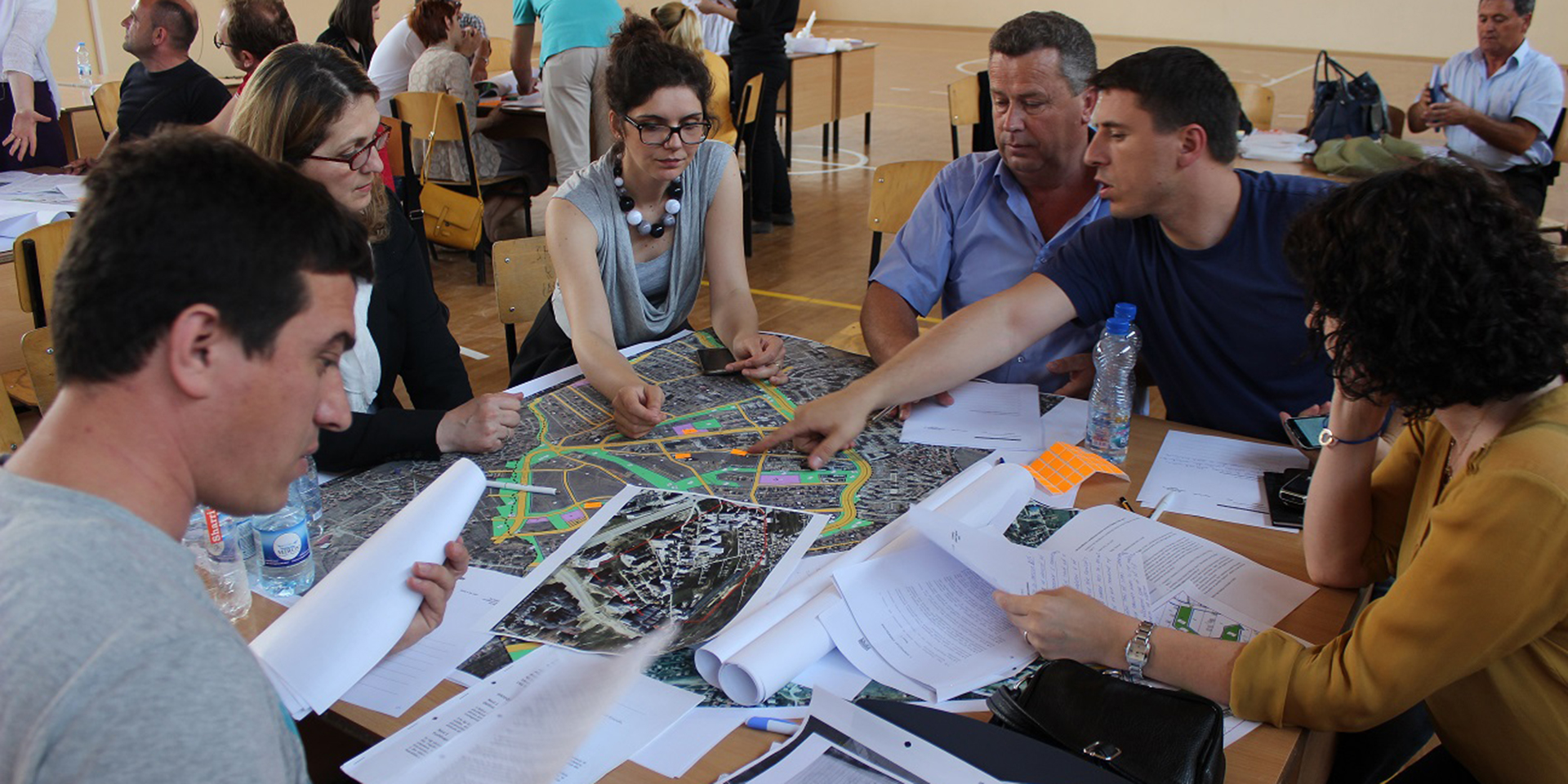
3 Questions with Hanife Limani: Opening Doors in Kosovo
June 22, 2017 | 3 Minute ReadKosovo's independence in 2008 gave the country a unique opportunity to build socially inclusive institutions from the ground up.
Why is social inclusion important for the development of Kosovo?
Kosovo declared its independence in 2008 and as a new country has made significant progress towards consolidating its institutions. Social inclusion is a particularly important element to consider during the development and consolidation of the new country’s institutions and systems in order to ensure long-term sustainability and a service-oriented public administration that is responsive to the needs of all ethnic communities and other groups.
Within the last decade, Kosovo has made its first steps toward social inclusion. There was not even talk about social inclusion 18 years ago because there was a conflict going on. After the end of the conflict in 1999, Kosovo was striving to consolidate its institutions with the help of the international community. After declaring independence in 2008, finally the moment came to work on the inclusion of citizens in all spheres of development, with the purpose of a freer and better life. Women began to be represented in politics through quotas, youth started to develop policies for their inclusion in decision-making processes, vulnerable groups were being supported through different strategies developed by the government in partnership with various donors. This shows there has been progress toward social inclusion in Kosovo. Everyone is now fighting for their rights.
Furthermore, the government of Kosovo is working on increasing transparency and accountability in all aspects of public life. The USAID Partnerships for Development project is assisting Kosovo’s government to develop and implement policies, laws, and regulations to promote inclusiveness and increase the participation of citizens in decision-making processes. Citizens are directly engaged in project activities, and are working jointly with officials on different initiatives such as reforms aimed at improving the environment for doing business, construction and spatial planning reforms, integrating a gender perspective in the budget planning process, increasing public access to legal documents, and more.
What are some innovative approaches you have taken to include marginalized groups in your project?
For the first time in Kosovo, citizens (including women, youth, and people with disabilities), jointly with municipal urban planning officials, actively participated in drafting the spatial planning documents of the communities where they live. In this regard, the project engaged a local NGO, Cultural Heritage without Borders, to gather citizens’ inputs in five pilot municipalities (Pristina, Malishevë/Mališevo, Gjakova/Ðjakovica, Vushtrri/Vućitrn, and Peje/Peć) through public meetings and a door-to-door survey. Deli Avdiu, the leader of the Qendra e Re neighborhood in Pristina, noted that the inclusion of citizens and their opinions and concerns in government planning and action is a major principle of democracy, and he is excited that he is witnessing democracy in action through this process.
Through its previous Business Enabling Environment Program (BEEP), implemented by Chemonics, USAID supported the Legal Office of the Office of the Prime Minister to establish the first-ever consolidated, electronic, searchable legal information database. Building on the work accomplished by BEEP, USAID Partnerships for Development continued to support the institutionalization of this Official Gazette Database at the central and local levels. The project trained officials from central institutions and municipalities, including officials from municipalities with large ethnic minority population, to upload their legal acts in the Official Gazette Database. The Official Gazette Database now includes legal acts from both the central and the local levels. Because of the joint work of all levels of government, citizens in Kosovo now have free access to legal acts which are uploaded in all official languages, enabling them to stay up-to-date with the latest legislation and be informed about their rights and responsibilities.
As part of its ongoing efforts to improve public financial management practices, the project supported the Kosovar government to introduce and implement gender-responsive budgeting in two partner ministries (the Ministry of Trade and Industry and the Ministry of Environment and Spatial Planning) to help Kosovo’s government reduce inequalities and address gender gaps in government policies, plans, and budgets. The project awarded a grant to a local NGO, the Kosovo Women’s Network, to support both ministries to introduce gender-responsive budgeting principles into budget development. This activity is an example of including a gender perspective in budget planning that could be replicated across Kosovor institutions.
What are the biggest challenges you have encountered when implementing inclusive activities?
The challenges are different depending on the activities being implemented. In the case of gender-responsive budgeting, the biggest challenge was collecting accurate data on existing practices, since the budget data that is currently collected is not optimal for the purpose of gender analysis. In the activities involving the Official Gazette, the inclusion of municipalities with large ethnic minority populations in the process was often challenging due to ongoing political issues regarding the integration of these non-majority municipalities in Kosovo’s government systems.








